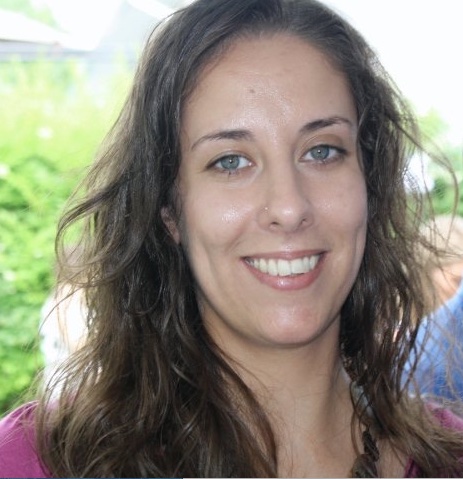
William Gaillard
Epilepsy and Neurophysiology
Children's National Medical Center
website

Madison Berl
Neuropsychology
Children's National Medical Center
website

Nan Bernstein Ratner
Hearing and Speech Sciences
University of Maryland
nratner@umd.edu

Amy Strekas
astrekas@gmail.com

Mara Steinberg Lowe
Communicative Sciences and Disorders
New York University
marasteinberglowe@gmail.com
website